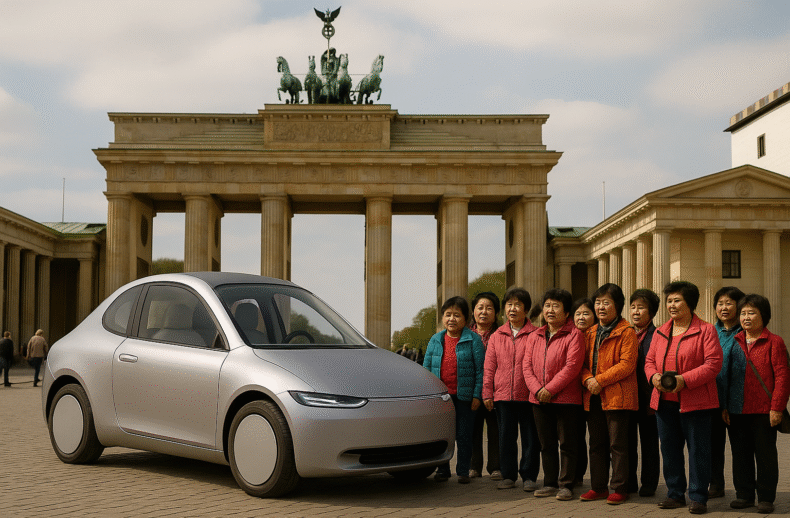The dream of colonizing Mars is less about survival and more about spectacle. Cloaked in narratives of human progress and planetary safety, the mission often serves as a vehicle for branding, geopolitical image-making, and personal glorification—particularly for Elon Musk, whose pursuit reveals a deeper psychological hunger for recognition. The red planet becomes not humanity’s lifeboat, but a stage for its unresolved ego.













